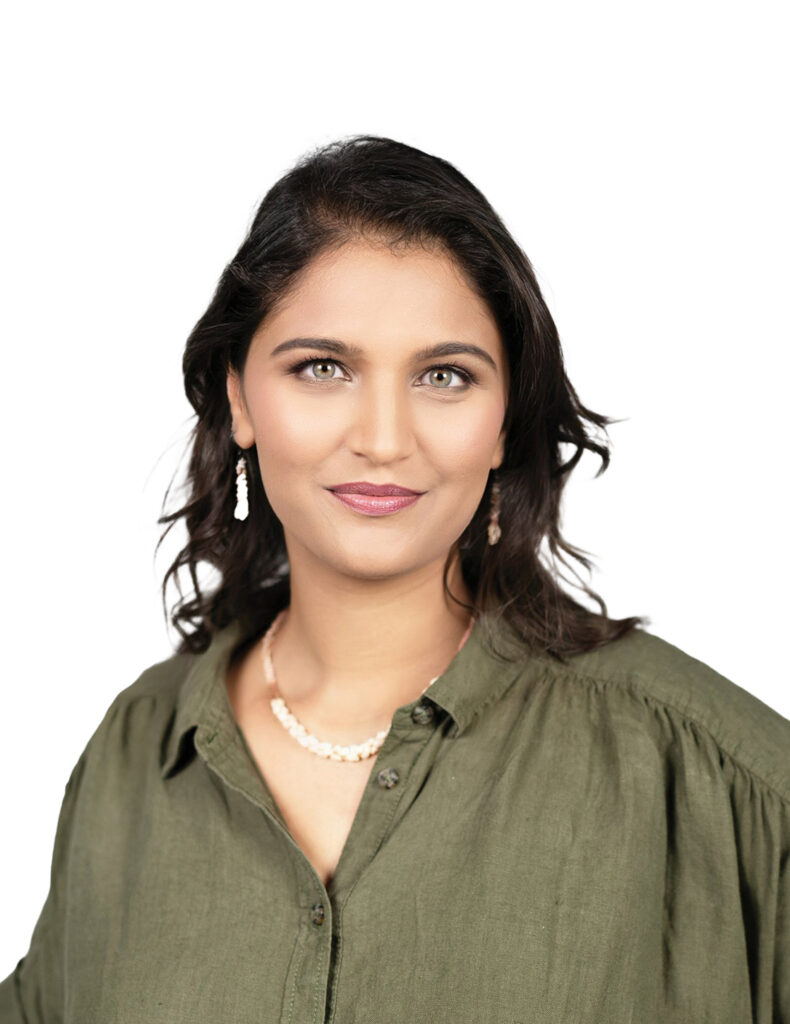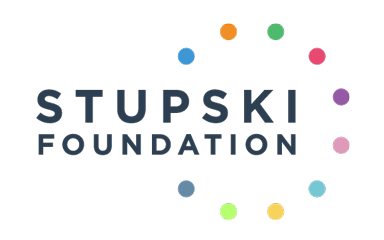Unlocking resources and radically reimagining power with large, general operating, co-created alliances redefines accountability for funders and communities.

Hilo, Hawai‘i
I wasn’t allowed to imagine what could become possible if my nonprofit organization were trusted to do what was in the best interest of our community, unburdened by the vagaries of a funder’s strategy and reporting metrics. I couldn’t afford the space to dream up the future of our community were it resourced from a place of trust and healing and love—a place where its many interdependencies were recognized and supported. I couldn’t do any of these because they didn’t fit with the funder’s definition of “accountability.”
Before joining Stupski Foundation, I logged two decades as an active participant in the nonprofit and government funding complex, regularly raising funds to address critical social needs in our communities. To be an effective nonprofit leader, it seemed, meant becoming proficient at checking boxes and searching for common ground with funders who dictated best practices from afar.
I learned how to play the game, and I became good at it. I bridged the power divide and dynamics with funders who lived outside of and did not know my community; hired staff who would focus on the funder’s contractual data needs; limelighted the funder in our communications; renegotiated budgets to respond to changing needs; and tried to figure out resources for innovation despite lean, restricted funding. I routinely placated the people in power who did not live in or innately understand the challenges of my rural, remote, and demographically diverse community. Phew – all that accountability energy that could have been spent differently.
Relationships that involve money are difficult and messy. They are fraught with tension between those who hold resources and those who need them, between those who have power and those who don’t.
This fundamental imbalance of power, with resources held by those farthest from our social challenges and requirements designed by those most removed from the reality of those challenges, keeps communities locked in stasis and forced to endure a perpetual dependency on the benevolence of funders.
Leading the health work in Hawai‘i at Stupski, a spend down foundation, is a unicorn opportunity, one that has challenged me to consider how I might best utilize this privilege to fully embody the foundation’s values and philosophy. Now as a funder, I am revisiting these dynamics and have become fully focused on cultivating loving and trusting relationships, weaving collaborative networks, and following the wisdom of our communities—all shifts in accountability and power. Most of all, I am committed to getting out of communities’ way, basing our relationships not just on trust but on values, too.
A Values-Based, Conscious Community
I and many others living in Hawaiʻi experience our community health centers as a backbone for providing holistic health for those who need it most and have the least availability for access. These centers do everything. They work in the delivery of both health interventions and in nearly every social determinant of patient health, addressing access to food, specialty care, cultural practices, houselessness, workforce, and economic development. In doing so, these centers work across health care silos and systems, serving as vital hubs in rural and remote communities. They are the epitome of collaborative, community-focused partners who understand the intricacies and interdependence of well-being.
In honor of that, in 2022 I was able to launch a $15 million initiative with health centers to rapidly return as many resources as possible in a manner responsive to the needs of individual communities across Hawai‘i. It is also a conscious effort to support organizations whose work is rooted in equity. At the core of each center’s relationship with Stupski Foundation is freedom: They receive general operating support with no term. They can apply funds as they wish, when they wish. We have already seen the power of this when, for example, needs shifted unexpectedly when wildfires struck the town of Lāhainā on Maui.
Each center is governed by a board of directors with majority representation from actual patients, an accountability that strengthens community. Because patients’ needs in Kahului are different from those of patients in Pāhoa, each center can use a different decision-making process for allocating its funds. These centers also define and use their own measures of success. We have been spending time together sharing dreams; collectively supporting each other through crisis; and gathering in a safe, brave space to reimagine rural health care for our communities. No matter what experience we as funders think we might bring, that experience pales in comparison to those of our partners who deserve, at minimum, equal agency in how, when, why, and where resources are activated.
While philanthropy can inflict ongoing harm by maintaining the status quo, unlocking resources and radically reimagining power with large, general operating, co-created alliances redefines accountability for funders and communities.
Across Hawai‘i, we are nurturing health care partnerships grounded in mutual trust and solidarity, not in transactional relationships, and we will continue to speak honestly about why shared power strengthens our bonds, our commitments, and our community.
About the Author
Dr. Sulma Gandhi (she/her) joined Stupski Foundation in 2021 as the Hawaiʻi health program officer. She leads partnerships in Hawaiʻi focused on the critical areas of maximizing early brain development and improving serious illness care. Sulma’s passion is building diverse, equitable, and inclusive communities. For over 25 years, she has worked in the fields of health, human service, and education with both community-based and government organizations across Hawaiʻi.

Latest Hawaiʻi News
Read the latest Hawai‘i news about our grant-making, our partners, and how we are spending down



